Date: 7 August 2015
All of the projects will be presented at the GLASS, THE GREAT UNEXPECTED show.
The third section of the show organized at Vitrum 2015 is dedicated to the new generations. In every sense of the word -- new generations of designers, builders and end users. So, we are not really talking about the future, but a present that is increasingly open to new ways of imagining everyday life and making them possible.
Some students were involved from Milan’s Polytechnic University – TeDH (Technology and Design for Healthcare) and HES-SO (Freiburg University of Applied Sciences and Arts) who were offered the opportunity to participate in a workshop custom-created for, and with, the direct participation of Vitrum. The aim of the workshop was to conceive and experiment with new combinations of glass and electronic and information technologies. The idea being to demonstrate how it is possible to conceptualize and transform a simple sheet of glass, mirror or other glass object into novel products and tools.
To this end, the approximately 50 students who participated in the workshop were divided into 13 groups, each one of which presented a project selected for the final exam. Further selection from among the 13 finalist projects will lead to the creation of prototypes, ready for experimentation in view of possible product development. The prototypes are being developed at the University of Freiburg. One especially interesting aspect is that some glass industry firms are involved in the completion of this phase who will actively participate in creating the prototypes or mock-ups, and provide the required materials, technologies and processing.
All thirteen of the projects will be exhibited at the show and explained to visitors. For each one the initial concepts will be illustrated and the desired function described, along with its intended use. Thanks to the prototypes, it will be possible to evaluate the visual impact of many of them, some of which are fully functional because they are awaiting potential industrialization. In this way the university world and the business community can demonstrate their ability to dialog effectively – in fact, the initiative might be instrumental in opening the door to new directions of development for the glass processing industry.



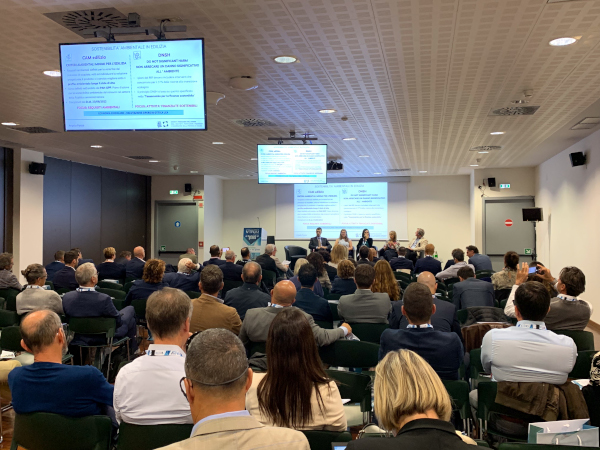
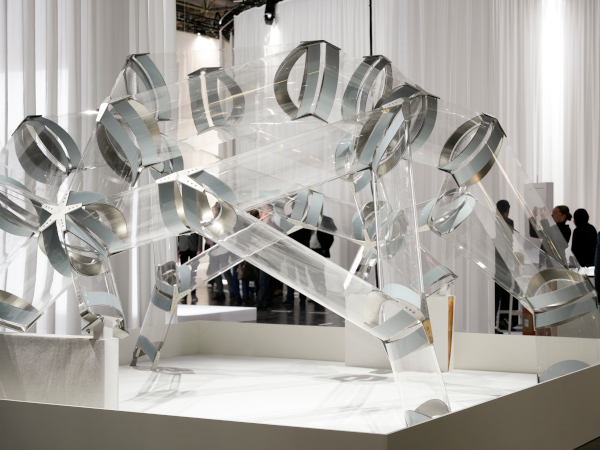
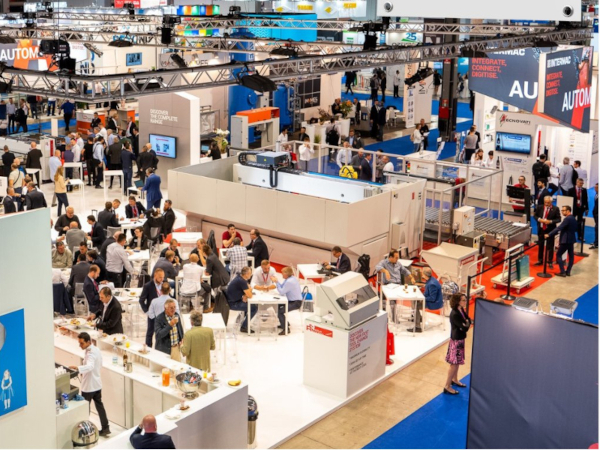
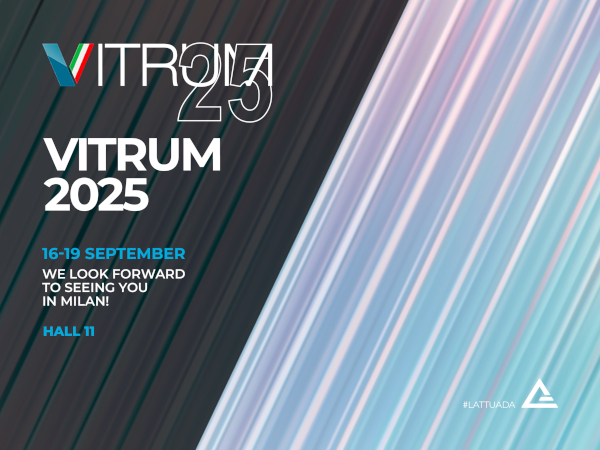


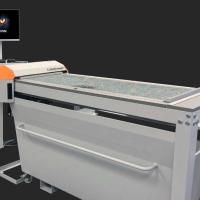
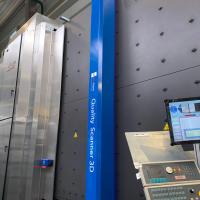
Add new comment